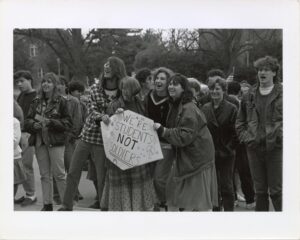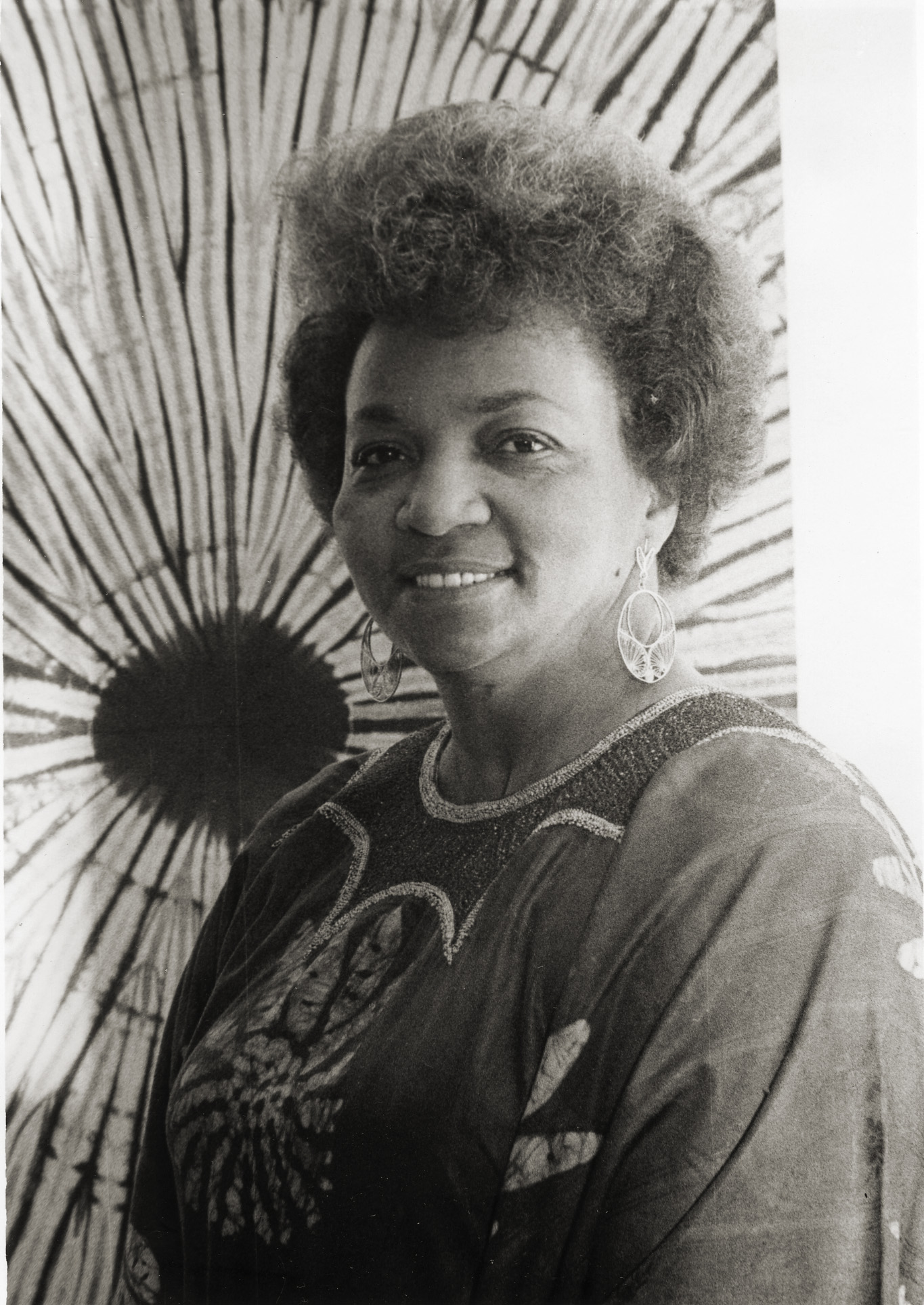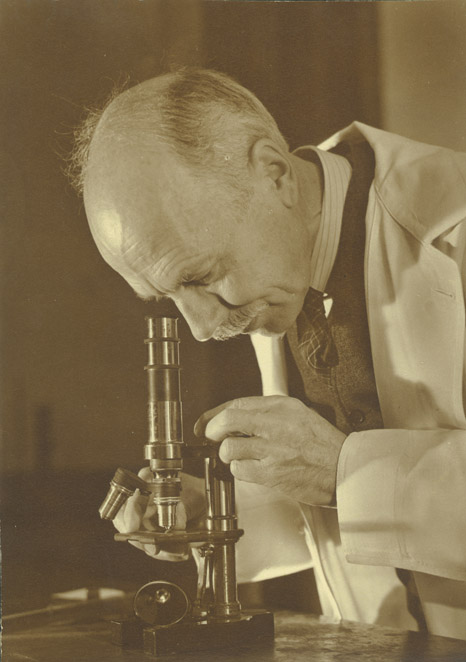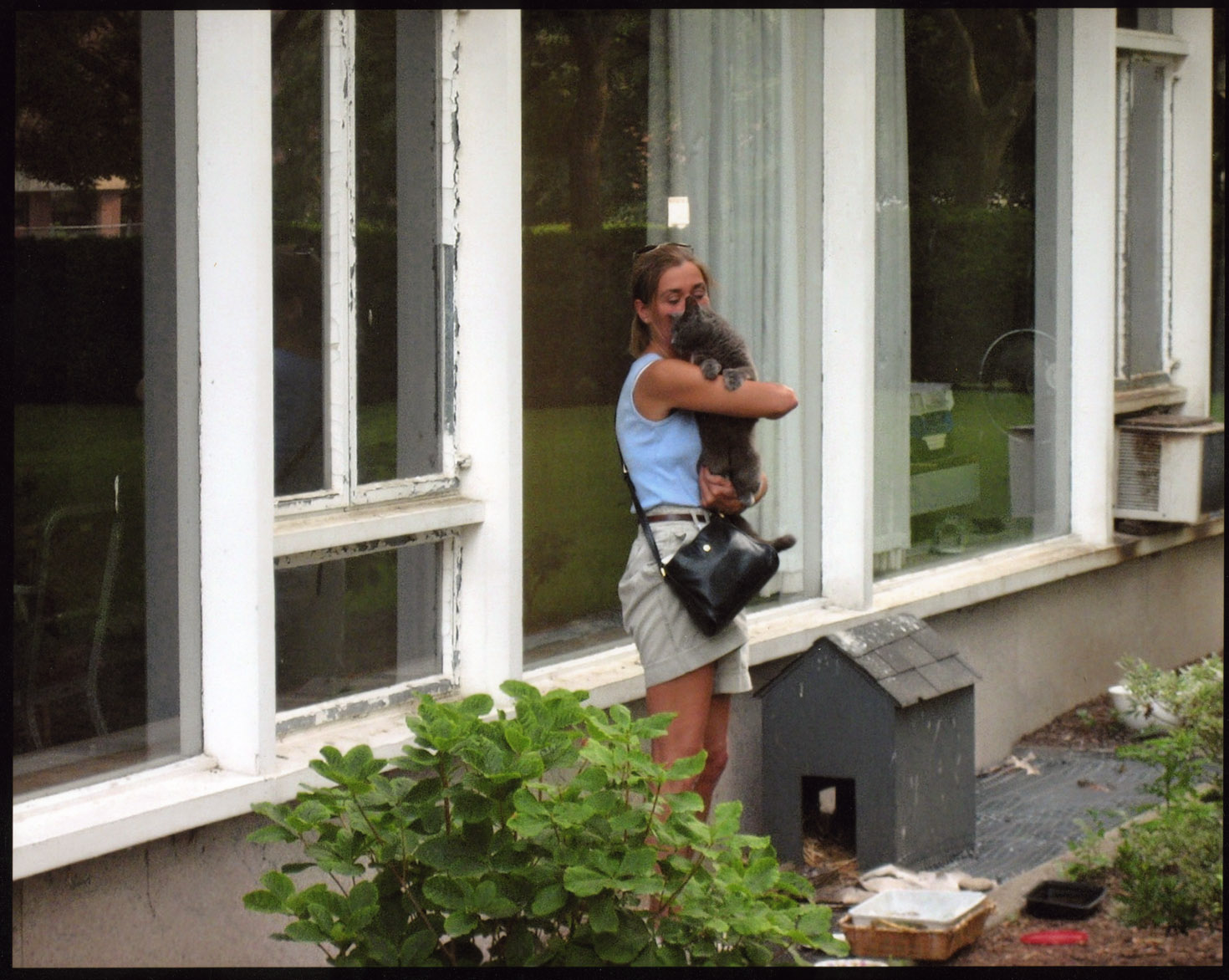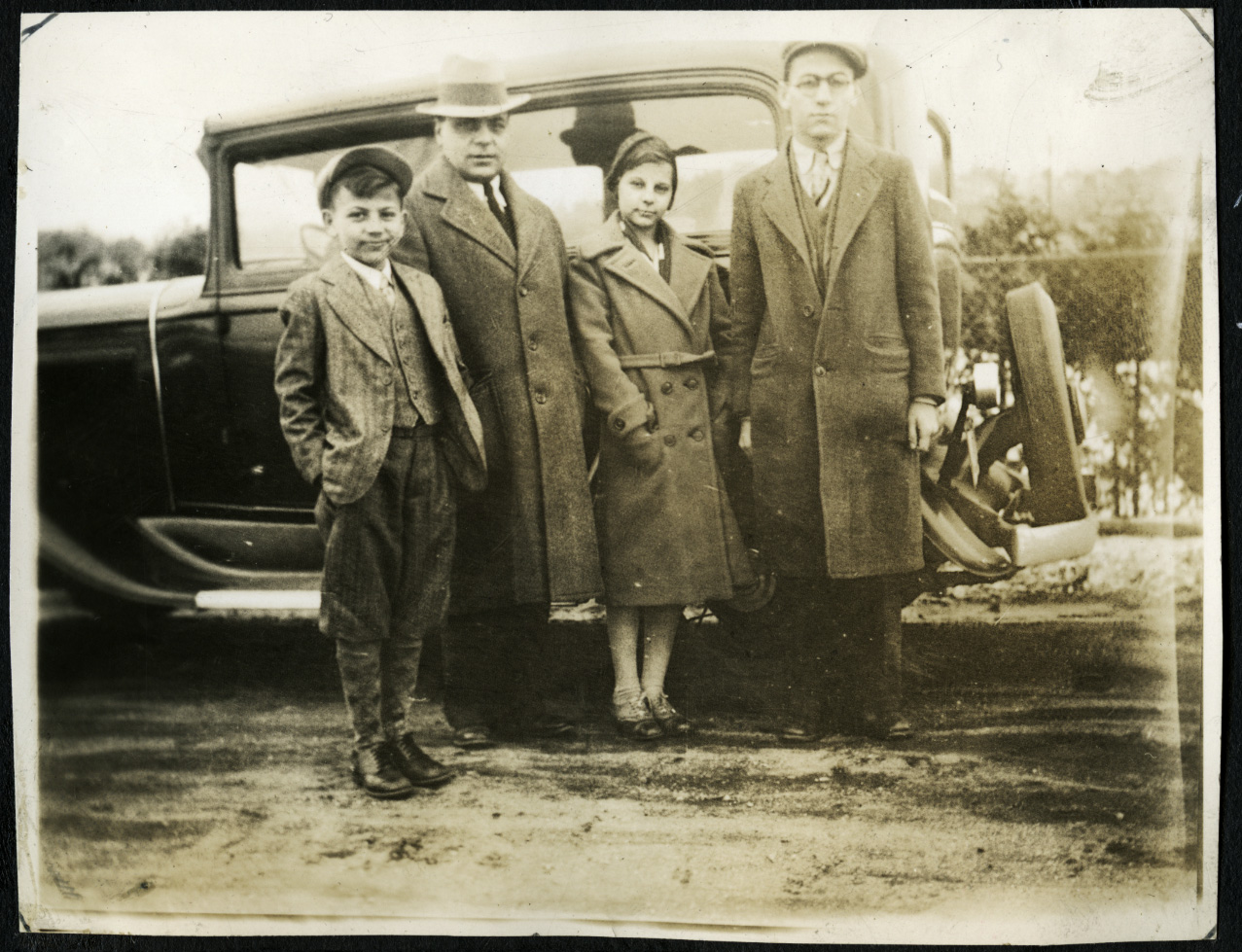Robert Paynter Papers
Access restrictions: Temporarily stored offsite; contact SCUA in advance to request materials from this collection.
After graduating from Brown University with an A.B. in 1971, Robert “Bob” Paynter received his M.A. (1975) and Ph.D. (1980) from the Anthropology Department at UMass Amherst. He taught at Queens College and the Graduate Center at CUNY before returning to UMass in 1981 as an Assistant Professor, where he conducted research and taught for the remainder of his career. Paynter studied and practiced historical archaeology on sites throughout Western Massachusetts, most notably Deerfield Village and the W. E. B. Du Bois Homesite in Great Barrington. Throughout his tenure at UMass, he was active on several university and departmental committees, including service to the Massachusetts Society of Professors (MSP), as well as a member of the Historic Northampton Board of Trustees and a member of the Academic Advisory Board of Historic Deerfield. Bob Paynter retired from the Anthropology Department in 2015.
The Robert Paynter Papers span the length of his career from early articles and presentations given in the 1970s to his more recent research, writing, and teaching. Materials include grant applications, lecture notes, drafts of articles, and committee work, including contributions to the Massachusetts Society of Professors (MSP). Paynter’s ongoing efforts to preserve the Du Bois homesite in Great Barrington are also documented, both his archeological site work and his service on the Advisory Board of the W. E. B. Du Bois Foundation.


